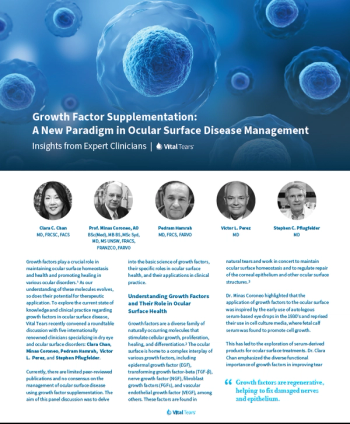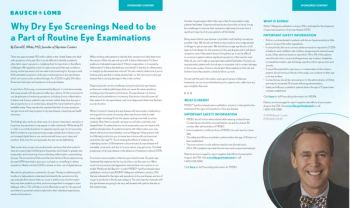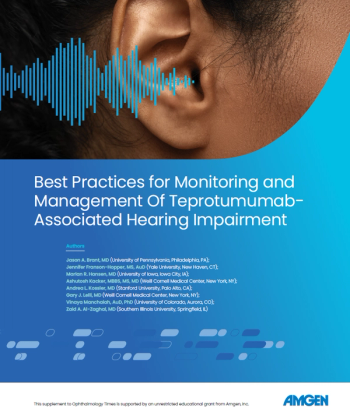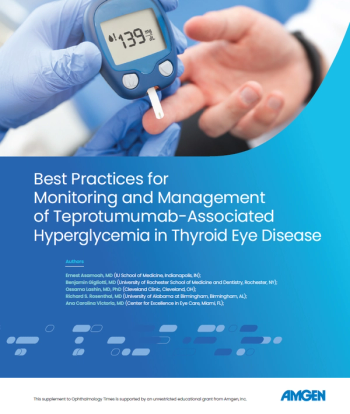
What ‘I’m Fine’ Really Means: An Open Letter from a Thyroid Eye Disease (TED) Patient
Dear Healthcare Professionals,
My name is Gail, and I live with
I want to share my story with you—not just as a patient, but as someone who initially struggled to communicate the true impact of TED on my daily life with my family, friends, and even my doctor.
When my symptoms first began in 2018, I thought it was just allergies or dry eyes. My eyes watered constantly, and my first two doctors gave me eye drops to address the discomfort, making it seem like my symptoms were manageable. But as months passed, things got worse.
By 2019, my visible
I’ll never forget the day my ophthalmologist held up a tiny eye drop bottle with a red lid and warned, “If you ever stop seeing this red, go straight to the emergency room.” In that instant, I thought about the terrifying possibility of losing my vision. Soon after, she admitted my case was too complex for her to manage and referred me to a neuro-ophthalmologist.
After the appointment, I practiced walking through my home with eyes closed, bracing for the darkness I feared. At night, my husband taped my eyelids shut so I could rest, but I never shared how afraid I was of going blind and how it would change not only my life but my husband’s as well. TED reshaped not just my vision but my sense of self.
I eventually was diagnosed with TED by a
I’ve since learned that I am not alone in my experience. However, I know it doesn’t have to be this way for others and that our doctors can help us sooner if they ask the right questions and we speak up about what’s happening to our eyes.
Here’s what I wish every healthcare professional would ask:
When your patient says, “I’m fine,” don’t stop there. Ask us to define what that really means. For example:
- If you know that your patient likes to golf, paint, or participate in any other activity, ask if they are still engaging in that activity. If you don’t know, ask what they enjoyed doing prior to diagnosis and if applicable, encourage participation within reason.
- Are we avoiding driving at night because of double vision? Struggling to read, cook, or watch TV?
- How would we describe the appearance of our eyes, and do we notice a difference from photos from a few months ago? A year ago? How does that make us feel?
- Are we hiding pain or discomfort because we don’t want to seem difficult?
- Has living with TED interfered with our social interactions?
While
Encourage us to open up and define “I’m fine”
Please help your patients unpack what “I’m fine” really means. It could make all the difference in their journey. Truly listening and digging deeper can reveal the full impact of TED. TED is not just about how we look, it’s about how we live.
To learn more about TED signs and symptoms, and how you can assess the full burden of TED, visit
Sincerely,
Gail S.
TED Patient & Advocate
Sponsored by Amgen
Newsletter
Don’t miss out—get Ophthalmology Times updates on the latest clinical advancements and expert interviews, straight to your inbox.




























